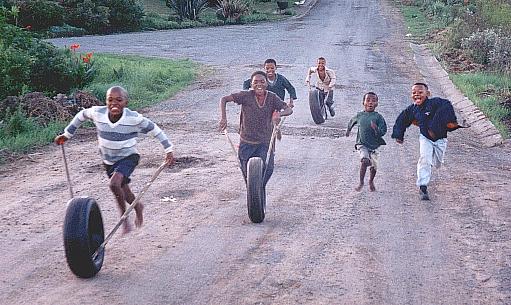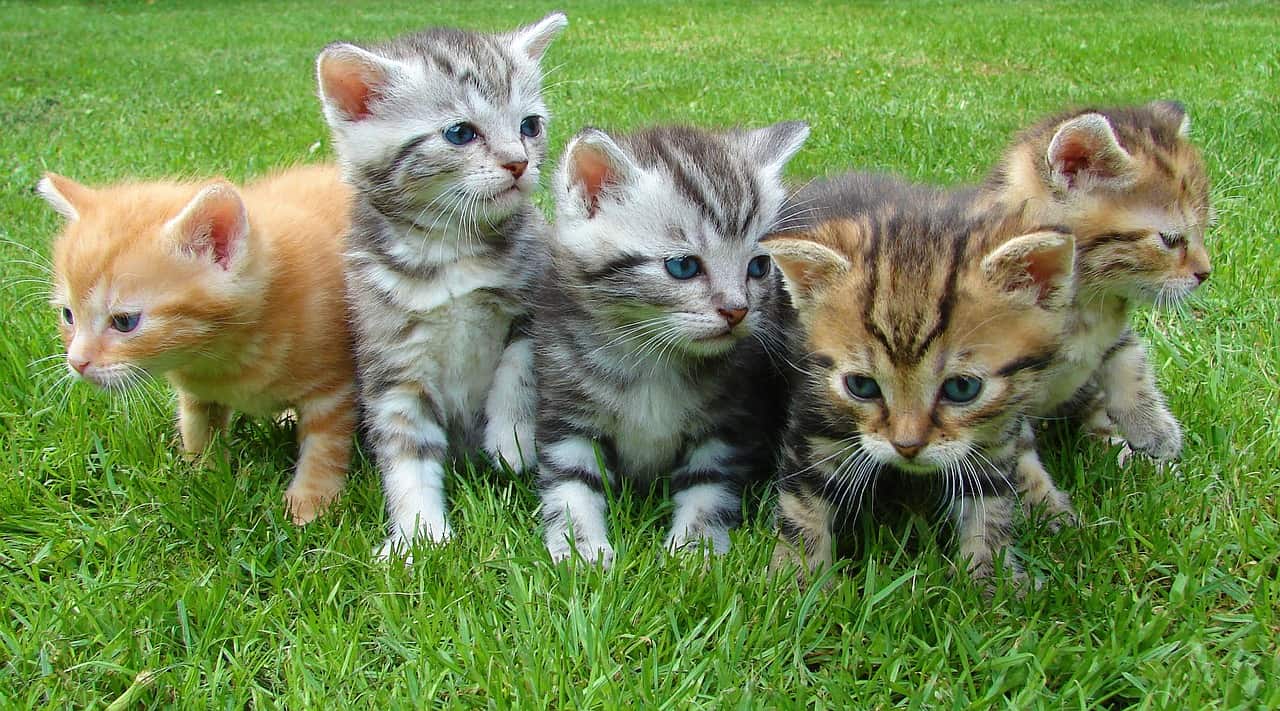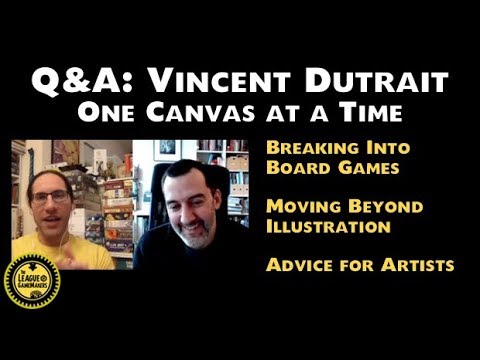
We’ve seen Eliot Hochberg around at various conventions and know that he’s serious about game making, both as a publisher (Modest Games) and as a designer, pitching Urosette (recently picked up as Ilios from Playford Games!)
We don’t think we’ve seen Eliot sulking after a game loss… Perhaps this bit of wisdom he has to share is his secret.
—
From time to time, I encounter people who get judgmental about playing games. “Who has time for that? Aren’t board games just for kids?”
Well, yes and no, but I have no problem being accused of being a kid. In fact, I think
IF ADULTS SPENT MORE TIME IN THEIR ADULT LIFE BEING KIDS, THE WORLD WOULD BE A BETTER PLACE.
I personally feel strongly that the main reason to play games is because by playing games, we learn things. If you’ve ever watched children, or kittens, playing, you realize that they are practicing for real life situations. Like playing house. Or being a firefighter. Or chasing a bouncy ball. Play gives us risk-free ways of practicing actions that we might need to do in important situations, and by practicing we get better at those actions when it’s really important.

In today’s game environment, we now have both competitive and cooperative games. This article will most be about competitive games. And in competitive games, I believe the fundamental skill we learn that applies to all of them is being a good loser.
You know you’ve felt it; that burning feeling in the back of your neck and your stomach when you feel like you’re about to lose a game, and maybe you were treated unfairly. Or you tried as hard as you could, but then the rug was pulled out from under you by another player’s action or a rule you forgot about. Or you tried as hard as you could, and you just suck at this game. Frustration leads to anger, anger leads to hate, hate leads to sulking in a corner until everyone leaves and you can kill a bunch of zombies on a game console.
Ok, maybe not that last part.
But certainly everyone has felt something akin to this when a competitive game isn’t going their way, or at least seen it happen to a friend. Have you ever wondered why? My theory is that whenever people compete, there’s a combination of the desire to survive and the desire to save face. Losing, the lizard brain thinking goes, means you will either die or be shunned. Both are pretty fatal. And of course, both are wrong, but our instincts don’t know that. All they know is that you told them you want to win, and that losing is bad. Instincts know exactly what to do next, and it isn’t always the right thing.
The goal, then, is to train our instincts to realize that losing gracefully,
DEALING WITH FRUSTRATION WITH HUMOR, IS ACTUALLY THE REAL WIN.
Because as we all know, games and competitions are more about interacting with others socially than they are about purely winning. I would argue that even in professional sports, simply being the best you can be and succeeding can take you pretty far, but understanding that your job is a game and being good natured about the results, no matter what they are, leads to greater long term success after the games are over or you can’t play them anymore.
What, then, can we as designers do to encourage positive behavior when a player loses?
One thought I have is to make losing part of the game. Nobody likes having to wait while everyone else continues to have fun. This becomes the price of losing, and it can sting. Instead, if a game would eliminate a player, why not give them something to do in the game (other than being the banker) that effects game play? Maybe they can use the cards they had in their hands against the other players, or take on roles in the game that are normally handled by a game mechanic.
Most games that are competitive don’t actually eliminate players, instead nobody knows who will win until the end of the game. The simple act of building in a rule or advantage for the next game for the player who loses can help reinforce the idea that it’s just a game, you’ll get to play another.
There are some games, though, where a player can be mathematically eliminated even if the game is still going. In cases like these, players sometimes play erratically or become kingmakers (why is everyone looking at me?). Of course, ideally, we don’t want our games to feel like, or literally have situations where, a player is mathematically eliminated in a game. Sometimes it can’t be helped. We as designers could then address this somehow, perhaps by including king-making rules in a game, or providing side challenges that are fun for someone who knows they are going to lose. Like a card that lets them interfere with other players, or a way to collect all of a certain resource. Or perhaps directly addressing being mathematically eliminated by giving goals or strategies for when the players think or know it’s true.
Ultimately, though, for some people, being frustrated by a game can’t be avoided, and there’s nothing we can do in game design to prevent that. That’s when we as game players have to deal with either our personal frustrations, or witnessing the frustrations in others. It’s my feeling that we can do things like make a house rule that whoever loses a game gets to pick the next game, or gets to choose the toppings on the pizza, or gets to play with kittens. Because, as we all know, everyone wants to play with kittens.









